“We know that just because stores have massive sales doesn’t mean we need to buy what they’re selling. Sales don’t mean we’re saving money — it means we’re spending it. We used precious life hours earning our money, and we want to use that to live, not buy. We are free from buying, and free to live.” – Leo Babauta
Being OK with things as they are
We strive to improve our lives, often because we are dissatisfied with how things are. I know this, because I’ve lived it.
I don’t like the way I look, so I try to improve myself. I don’t like my house, so I work to get a better one. I want everyone around me to improve too, so I push them to change, and get frustrated when they won’t.
This striving never ends. When we are unsatisfied with how things are, including ourselves, we make changes, but then what? We are still unsatisfied, because the root cause of this problem isn’t the things around us (or how we look, etc.), but our expectations. We expect things to be different.
This means we are always unhappy in some way. Things don’t meet our expectations. We try to correct this problem by changing the world around us, trying to get others to change, trying to change ourselves. Our compulsion to spend, to consume, to buy more stuff … it’s rooted in this as well. And so minimalism is an attempt to fix the compulsion, but that can really only be done once we address the root problem: our expectations.
Sit for a minute and look at the things around you. Are you happy with them, or would you like things to change? Think about what you do each day, and ask if you’re happy with your daily life, or if you’d like change. Think about the people in your life, and ask if you’re happy with them, or if you’d like them to change. Think about yourself, and see if there are things you’re dissatisfied with, if you’d like to change yourself.
Now, for each thing you think needs change, try sitting for a minute and see if you can simply accept each one, as they are right now. See if you can accept each person in your life for who they are, exactly as they are. See if you can accept your body for what it is, without the need for change. It takes practice, so if you aren’t good at it at first (and I’m still not a master at it myself), practice. It’s an enlightening process, to be sure.
This doesn’t mean we’ll never change anything. We can develop healthy habits and make our bodies healthier over time, but we can do that while also being happy with who we already are. Change is inevitable, but it doesn’t necessarily require that we not accept things as they are, that we not be happy with things as they already are.
Once we become happy with things, people, and ourselves … as they are … we can become whole, without the need to spend money to fill a hole in our lives. Then minimalism becomes a possibility, because once we are OK with things as they are, we can simply strip away the unnecessary, and be content with little.
Words by Leo Babauta
01 – Journal
Read entries from the archive of the Minimalism Life® community journal
How to inform others about minimalism: Share your intentional lifestyle with clarity and confidence (by Thor Schroeder)
On wanting stuff: There is no way to stop wanting, but there are ways to reduce the desires (by Leo Babauta)
A better Black Friday: How you can combat the consumeristic culture by placing contentment before capriciousness (by Hannah Micaela)
Share your story
Do you have an interesting story you would like to share on minimalism.com? We want to read about it. You have the opportunity write about your experience of how minimalism has impacted your life and get your words published in our community journal.
02 – Minimal art
From our curated gallery
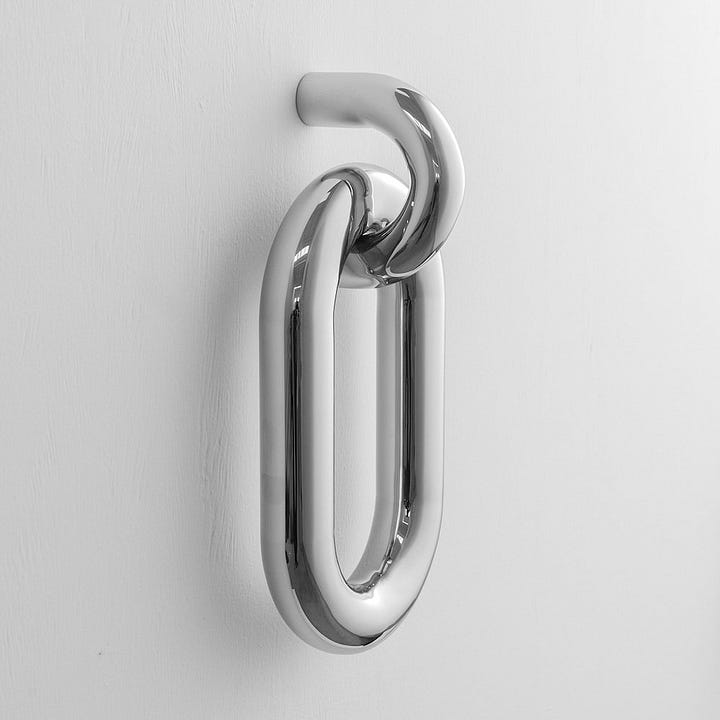
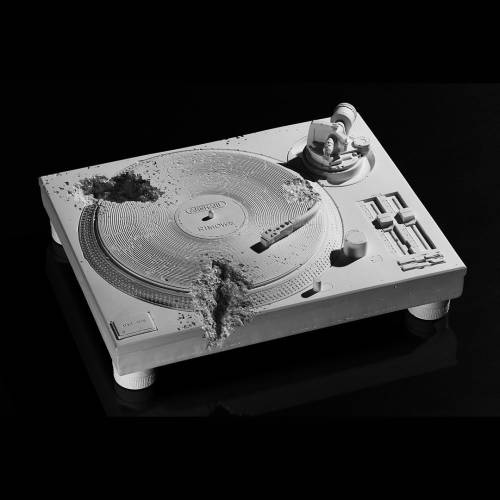

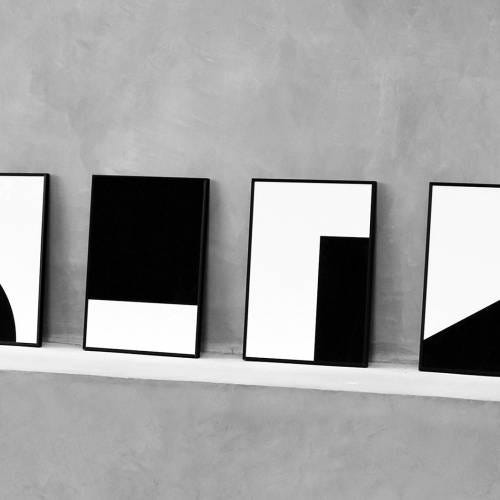
03 – Minimal design
Explore our list of curated design resources
All sides water (hardware/tool)
OP-XY (hardware/tool)
Casanet (hardware/tool)
04 – Minimal lifestyle
Explore our list of curated lifestyle resources for simple living
Small scale is the best scale by Manu (article)
Going slow by Jon-Kyle (article)
05 – Shop
Discover our hand-picked minimalist products in the Minimalism Life® shop
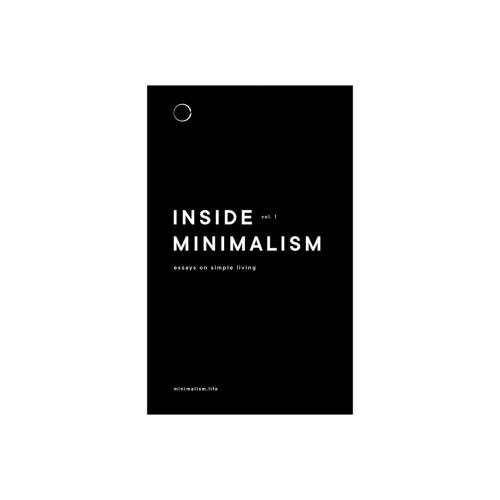
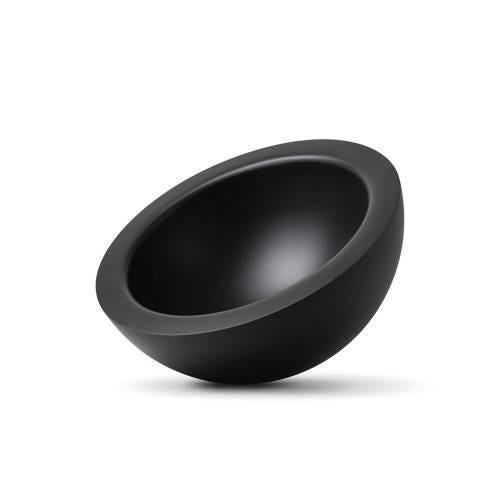
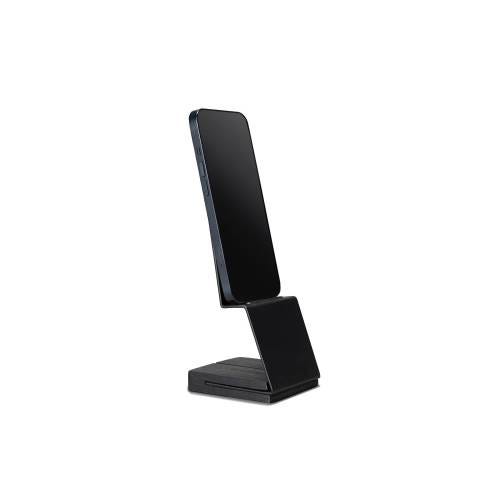
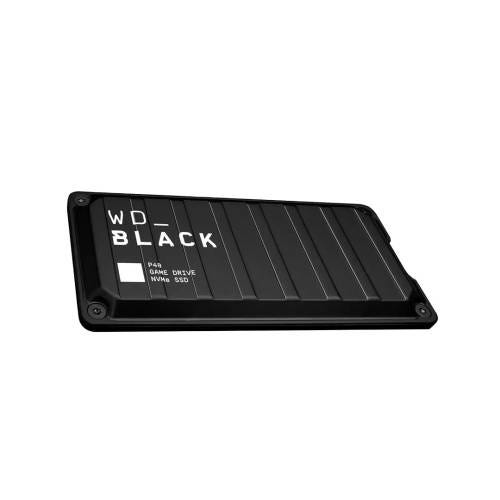
06 – Brands anchored by simplicity and sustainability
Minimalism can be about frugality and owning less, but it can also be about supporting ethical brands with sustainability at their core. Here’s several that you might be interested learning more about:
Collars&Co: Minimalist polo shirts
Dalgado: Timeless accessories made to last
JAK: Portuguese leather sneakers
Oliver Cabell: Minimalist Italian footwear and accessories
Nordic Knots: Rugs inspired by the beauty of the Nordic light
CDLP: Luxury essentials
The Resort Co: Eco-conscious and artisan vacation wear
Steele & Borough: Vegan, lightweight and water repellant bags
Meller: Minimal shades
Wahts: Minimal monochromatic menswear
ASKET: ending fast fashion by making covetable everyday essentials
Mismo: Bags and accessories from natural materials
Stiksen: Premium caps from Sweden
Discover more minimal brands on minimalism.com

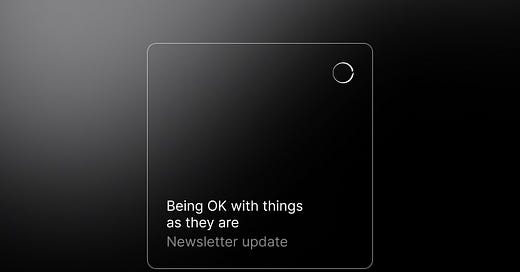

As the oldest sibling in my immediate generation at 59, our parents and us kids don't really do gifts anymore, but I'm going to donate to the Intl Rescue Committee for my mother's gift and to Planned Parenthood and ACLU for my brothers, because right now, material things mean very little in the wake of what we're facing.
I need this message tattooed on my arm